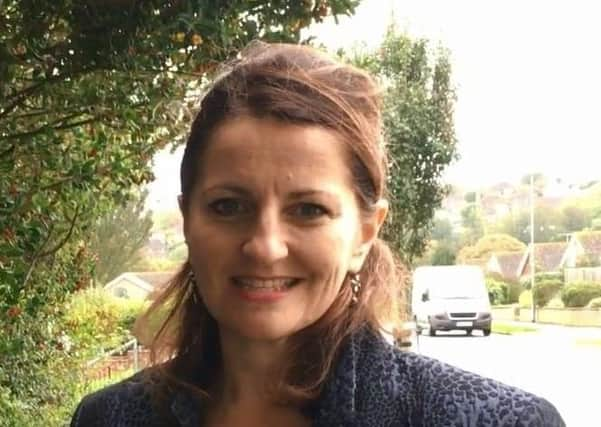CAROLINE ANSELL MP: Working on new Environment Bill


It was an honest and, at times, difficult speech because it laid out we have a big job to do to reverse the decline in species and habitat, tackle water, air and land pollution and build a country where we can co-exist with nature.
Some of the figures of this natural decline he quoted make for sober reading. Between 1932 and 1984, we have lost 97% of our species-rich grassland and heathlands have fared little better. Five species of butterfly have become extinct in the last 150 years. And our farmland bird indicator stands at less than half its value of 1970. More research published recently found the UK had lost 51 per cent of its insect populations since 1971. The minister then said this: “This government’s pledge is not only to stem the tide of loss, but to turn it around - to leave the environment in a better state than we found it.”
Advertisement
Hide AdAdvertisement
Hide AdThe major plank of this task is, firstly, the Environment Bill and, secondly, the new freedoms we have following our departure from the EU to do things differently and better.
Where EU environmental law is good, we should embrace it, where it is bad, we can now change, improve and adapt to our national needs, rather than the supranational diktats we had to implement before.
With the parliamentary timetable hit by the lockdown, it is anticipated that the Environment Bill will return to the House of Commons in September for ‘line by line’ consideration. I serve on the committee which will examine the Bill and the programme of work ahead is considerable – the explanatory notes run to two hundred plus pages. The Bill’s major components include a first ever Chair of the Office for Environmental Protection to scrutinise and assess progress towards green targets.
Later this autumn, the government will be launching a new consultation on changing the approach to environmental assessment and mitigation in the planning system. The plan is to front-load ecological considerations in the planning development process to protect more of what is precious.
Advertisement
Hide AdAdvertisement
Hide AdNext year, the UK will host COP26 where this country will be seeking to secure international action on climate change and biodiversity loss by emphasising nature-based solutions such as work to tackle illegal deforestation and promote sustainable supply chains.
Locally, in our watery back yard, work is being developed to preserve the kelp forest off the Sussex coast. I will play a role in making sure we can protect and expand this amazing underwater habitat that captures carbon and is home to countless sea creatures.
We have much to do. Sometimes it can seem overwhelming, but this government is serious about its obligations.